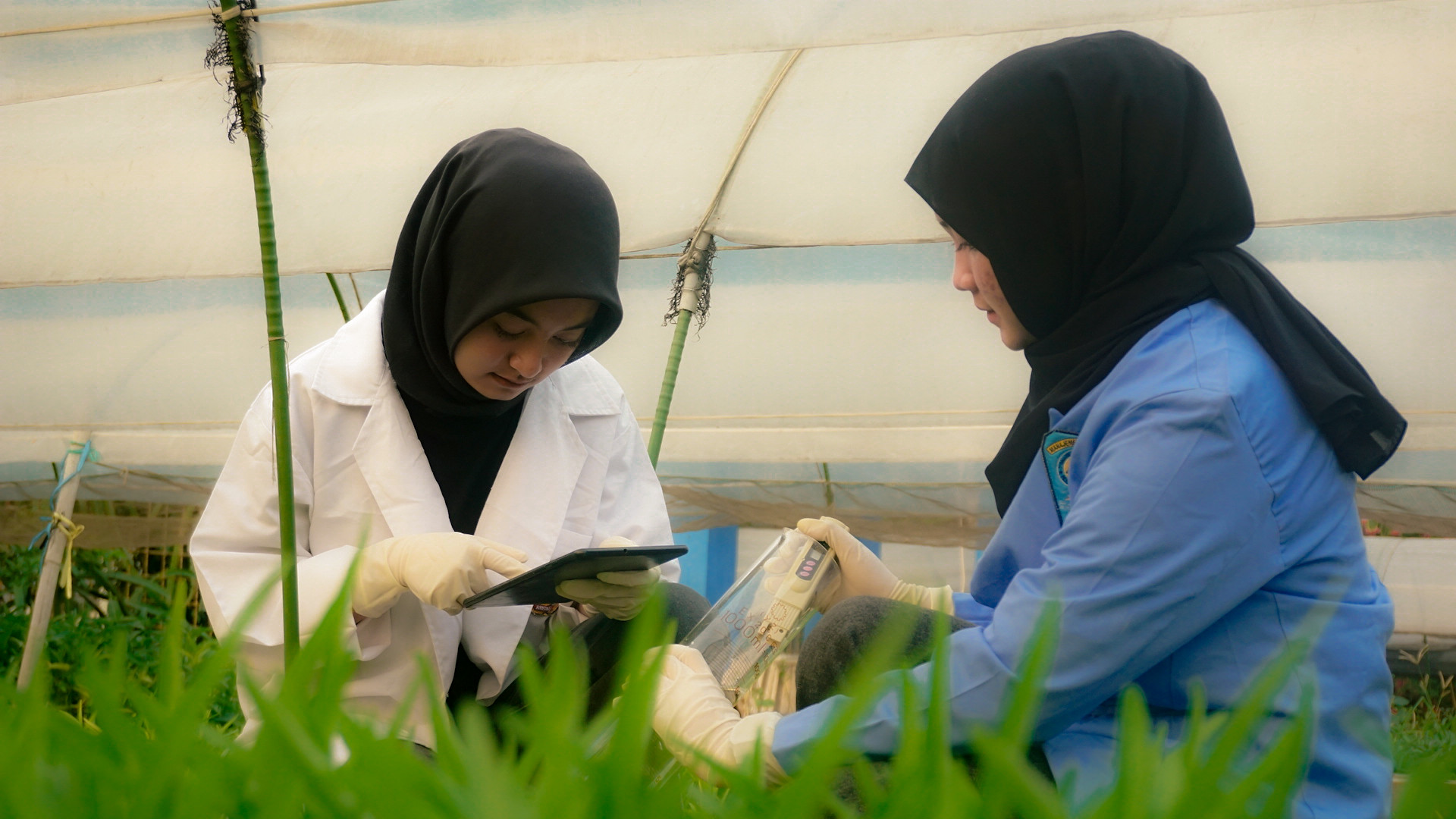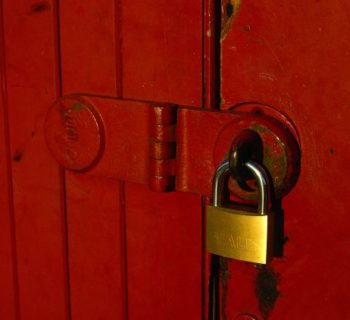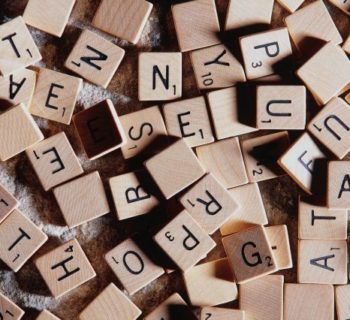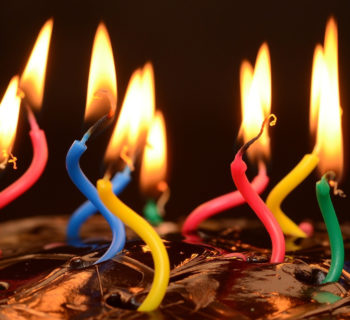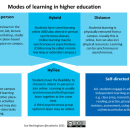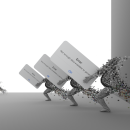As part of the NATURponty project we have been looking at what it means for us as humans to be part of nature. The podcast series joins young people exploring their own needs, interests and artistic practices.
In this episode I chat with Mali about a sustainable Christmas and their struggles with accessing wilder places like forests and beaches.
I was asked what it would look like, for a project, workshop or activity to be accessible, so I am also including my suggestions list here;
It looks like ear plugs or noise filters. It looks at minimising sensory input but changing activity regularly. It’s having fidget toys and doodle pads available whilst you are listening. It’s excusing interruptions in conversation but also minimising distractions. It’s not expecting vocal feedback. It’s accepting what’s written in the chat or after the event in the feedback as a valuable contribution. It’s having an escape route to a safe space. It’s small groups. It’s giving time after a question is asked for a brain to process the question. It’s places with wide footpaths so you can be-in it without being in it.
It’s having someone else do the outside stuff for you and bring you back safe, clean leaves to draw on.
It’s gwnewch y pethau bychain* safe in the comfort of your own home.
It’s becoming obsessive about palm oil and ways to avoid it or learning how to make every cleaning product from scratch from sustainable materials.
*Saint David, patron saint of Wales, famously said 'Gwnewch y pethau bychain', it means 'Do the little things'


